|
TLDR: Air brakes are safer than hydraulic brakes when it comes to larger and heavier vehicles. Why Do Semi Trucks Use Air Brakes? It’s a sound you hear all over any major city and on highways everywhere: the unmistakeable hiss of air coming off of a big rig as it rolls to a stop next to you. But have you ever wondered: why do semi trucks use air brakes? Why can’t they use hydraulic brakes like smaller cars?
It all comes down to reliability and availability of resources. In general, the heavier the vehicle, the more likely it is to use air brakes. Hydraulic fluid for small car brake lines needs to be filled at a shop and maintained manually, while air is everywhere, ready to be used in any truck braking system. But that’s just one reason why they’re common in the industry. How You Can Keep Your Cab Temperature Livable Without Idling Your Truck.In recent years, a new trend of anti-idling laws has cropped up in many places around the world, and Alberta could be next in line. These laws are meant to reduce waste and emissions from vehicles that are idling for long periods of time – affecting everything from long-haul trucks at rest stops to the huge cargo ships waiting in a port. The laws are for a good reason, but they often fail to account for the reason why the vehicles are idling in the first place: the weather outside can be extreme, and it’s often quite literally unsafe to be in a vehicle without heating or cooling for several hours.
Winter Stopping Components
Looking for winter driving safety tips? This page explains the role of traction control, shock absorbers, anti-lock brakes, and maintenance for better winter driving.
As a city in southern Alberta – a region known for its snowstorms and winter cold – there’s bound to be days in Calgary where you find yourself on a snow-covered Deerfoot Trail or a dark and icy 16 Ave at rush hour. However, modern vehicles have all kinds of winter driving equipment and safety systems built in to help you keep control on slick surfaces. If you keep them well maintained and ready, you can help keep yourself safe, no matter the winter driving conditions. Trucking Accidents Change Lives Driving has become so commonplace now that we often forget just how dangerous it can be. While safety precautions have come a long way since the first motor vehicles appears at the turn of the 20th century, one of the most effective precautions a driver can have is to simply be prepared and know that everything under the hood is performing well. After all, even minor road accidents can have life-altering consequences – or even worse, ones that end a life altogether.
These dangers increase even more when bigger, heavier trucks or other machinery is involved: with more mass, they take longer to slow and stop when moving, and they cause much more damage when they hit something smaller. The 5 Senses of Truck ServiceHave you ever wondered just how to tell when your truck or other equipment needs a tune up? You don’t have to be an expert to get a sense for what’s happening when you’re driving. Just let your senses help you out! Here are some ways to discern potential problems using nothing more than what you’ve already got.
1. Listen: This is one of the most helpful senses when trying to find out what might be going on in your engine. If you hear knocking coming from under the hood, possible causes could be mechanical parts – like valves, injectors, gaskets or pistons – or even some sort of mechanical failure in the engine itself. It could be an exhaust leak, badly aligned tires, or any number of issues. The only way to be sure is to get a mechanic to take a look – ideally before major work is needed. So call us, and save stress and your money! And if you hear honking from other drivers while you’re behind the wheel, then that is probably a good sign that something might be wrong. Stop right away, check over your truck, and make sure everything is okay to drive! 2018 Canadian Positive Air Shutoff System RegulationsBig trucks can mean big business – and with that can come some intense regulations that helps keep the drivers and the public safe. As technology gets better and more capable, regulations can change from year to year, and it’s in everyone’s best interest to keep up with the latest laws and equipment requirements.
As of January 12, 2018, new government regulations will come into effect regarding the presence and use of positive air shutdown systems in diesel engines. While these systems are already mostly in place for trucks that come into contact with atmospheric gaseous hydrocarbons, many of them are still either manually activated, or automatically reset after they have been used. The new rules target this specifically: only trucks and equipment that may come into contact with hazardous gaseous hydrocarbons will be required to have positive air shutdown systems, and furthermore, they must automatically activate in the event of an engine runaway and remain on until they are manually reset. All Class 2 & 3 chemical haulers must be equipped with RPM controlled manual reset positive air shutoff systems. Have you ever gone to a workshop or a place of business, seen how it operates, and left feeling put off by the employees and their lax safety standards? We have. Whether it’s a messy and dirty work space, improper procedures, incorrect equipment, or just plain bad attitudes – an industry like ours is full of companies who don’t take their safety seriously. And that’s why here at West Tech Mobile, we’re committed to going the extra mile with our workers. We want them all to get home safe to their families at the end of the day, and to prove it, we are proud to show off our Certificate of Recognition (COR) from Alberta’s Occupational Health and Safety department.
|
|
What Sets Us Apart
• Service Trucks & Mobile Service • 5 Laptops & 1 North American automotive scanner • Commercial Vehicle Inspection Programs • Fleet Maintenance • Trailer Shuttles • Open 6 days a week |

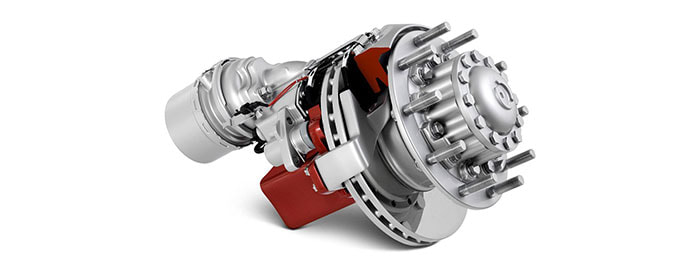
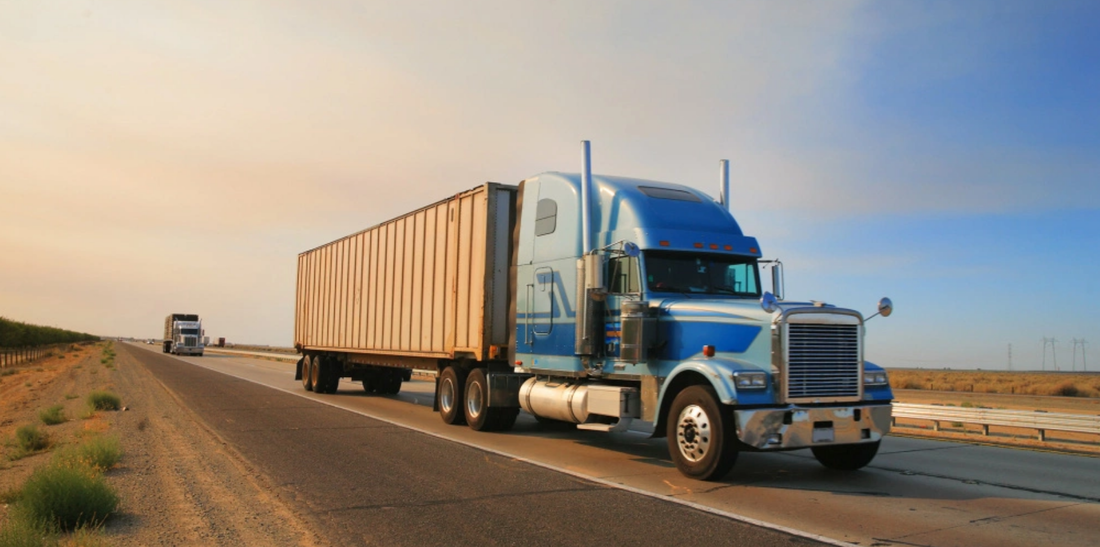
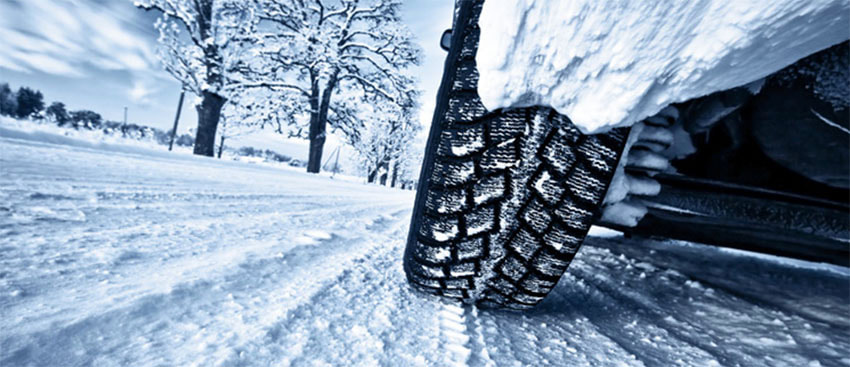
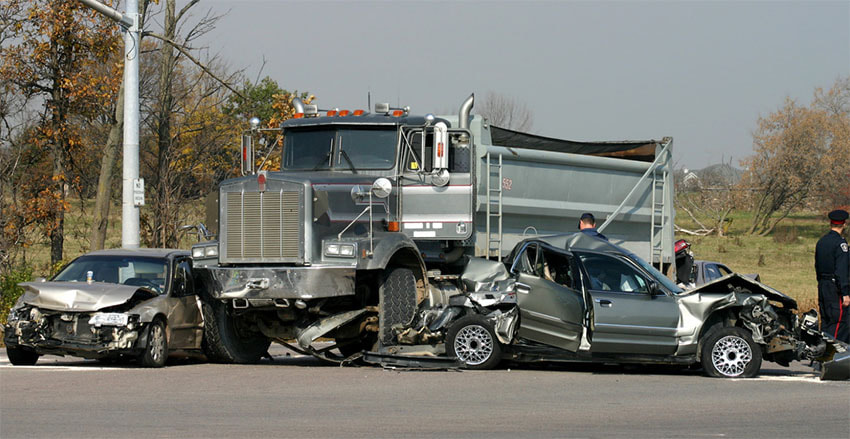

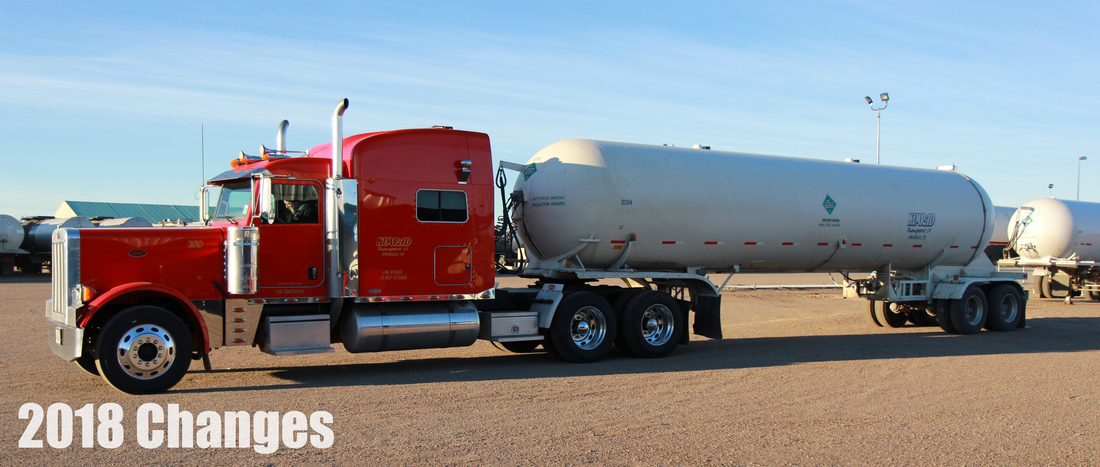
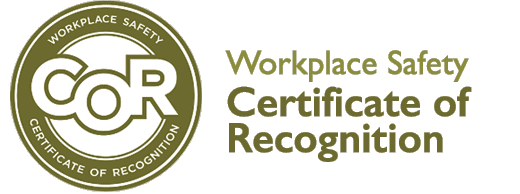
 RSS Feed
RSS Feed
